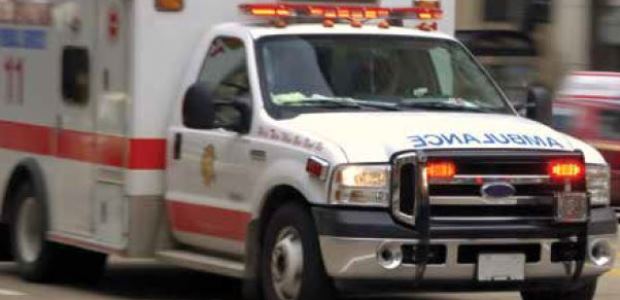
AHA Helping Hospital Leaders Ensure Access to Care in Vulnerable Communities
A new discussion guide from the American Hospital Association aims to help hospital and health system board members and leaders implement innovative ways to preserve access to essential health care services in poorer rural and urban communities.
Nearly 20 percent of Americans live in areas with an insufficient number of primary care physicians, facing primary care recruitment and retention hurdles and having less than one physician for every 3,500 residents, according to a recent report from the American Hospital Association (AHA) Task Force on Ensuring Access in Vulnerable Communities. The association has issued a discussion guide this week to help hospital and health system board members and leaders implement innovative ways to preserve access to essential health care services in these poorer rural and urban communities, called "vulnerable communities" in the guide and report.
These urban and rural areas may have a declining and aging population, a high disease burden, high rates of being uninsured or underinsured, and low rates of education or health literacy, the report indicates. It lists these as essential health services:
- Primary care services
- Psychiatric and substance abuse treatment
- Emergency and observation services
- Prenatal care
- Transportation, including both medical and personal transportation so patients can access hospitals and other health care facilities
- Diagnostic services
- Home care
- Dentistry services
- "Robust" referral services
"The ultimate goal is to provide vulnerable communities and the hospitals that serve them with the tools necessary to determine the essential services they should strive to maintain locally, and the delivery system options that will allow them to do so," the guide states. "While the task force's focus was on vulnerable communities, these strategies may have broader applicability for all communities as hospitals redefine how they provide better, more integrated care."
To access the discussion guide, report, and related resources, visit www.aha.org/EnsuringAccess. The guide was released in conjunction with the AHA Rural Hospital Leadership Conference in Phoenix, where AHA President and CEO Rick Pollack hosted a webcast with members of the task force.